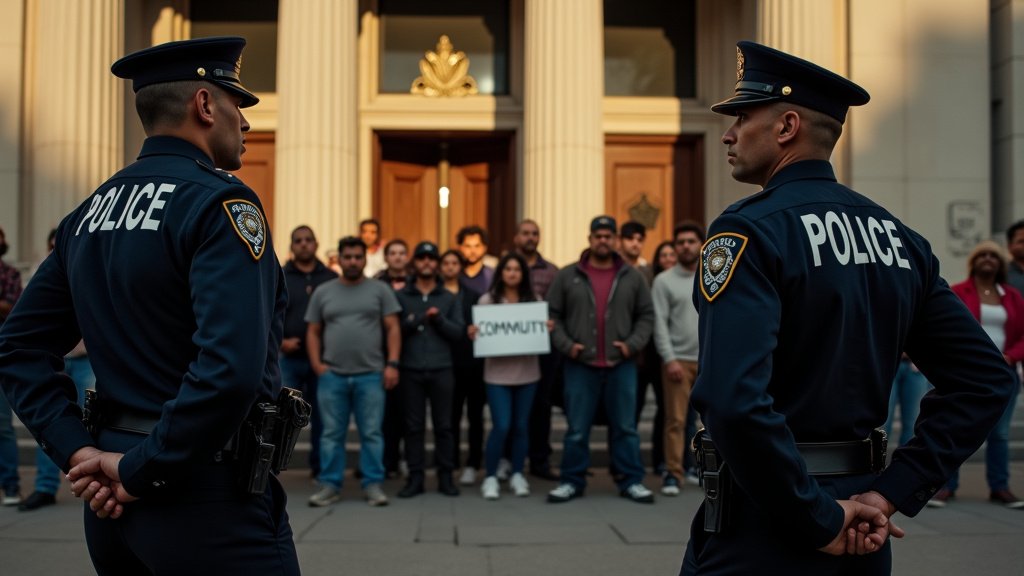As the United States marks Juneteenth on June 19, 2025, the federal holiday serves as a potent touchstone for reflecting on the nation’s complex history, acknowledging the vast progress made, and confronting the persistent challenges that remain.
The observance commemorates the specific date of June 19, 1865, when enslaved African Americans in Galveston, Texas, finally received official word and enforcement of their freedom, more than two years after President Abraham Lincoln’s Emancipation Proclamation had been issued.
The Historical Cornerstone: Emancipation in Texas
The roots of Juneteenth trace back to the aftermath of the Civil War. While the Emancipation Proclamation declared enslaved people in Confederate-held territory to be free effective January 1, 1863, its enforcement depended on the advance of Union troops. Texas, being the westernmost Confederate state and largely unaffected by Union forces until the war’s end, saw continued enslavement long after the official decree.
It was on June 19, 1865, that Union Major General Gordon Granger arrived in Galveston, Texas, and issued General Order No. 3, which read, in part: \”The people of Texas are informed that, in accordance with a proclamation from the Executive of the United States, all slaves are free.\” This announcement marked the final, widespread enforcement of emancipation across the former Confederacy, albeit unevenly in the immediate aftermath.
Freed people in Texas began celebrating this day as \”Juneteenth,\” a portmanteau of \”June\” and \”nineteenth,\” starting as early as 1866. These initial celebrations were characterized by gatherings, prayer services, and the difficult search for family members separated by slavery. Over generations, the observance grew into a vibrant cultural celebration across Black communities, particularly in the South and eventually nationwide as African Americans migrated.
The Journey to National Recognition
For decades, Juneteenth remained primarily a state and local commemoration, championed by activists and communities dedicated to preserving the history and celebrating freedom. Efforts to elevate its status gained momentum over time, reflecting a broader desire for national acknowledgment of this pivotal moment in American history.
A significant step in this journey was highlighted in President Donald Trump’s \”The Platinum Plan for Black Americans,\” unveiled on September 25, 2020. Among its listed objectives, the plan specifically included making Juneteenth a National Holiday. Less than a year later, bipartisan support culminated in the establishment of Juneteenth as a federal holiday, signed into law, formally recognizing the day at the highest level of government and cementing its place alongside other national observances.
Observing Juneteenth in 2025
As the nation observes its fifth federal Juneteenth, the landscape of its commemoration continues to evolve. Reports suggest that 2025 celebrations in some areas may be more scaled down compared to previous years. This shift is attributed to several factors, notably the loss of corporate sponsorships that had previously supported public events, as well as changes in state laws in various jurisdictions which may impact how public funds are allocated or how events can be organized.
These developments underscore the challenges in sustaining large-scale public celebrations and raise questions about the future shape of Juneteenth observances. Community organizers and advocates continue to find creative ways to mark the day, focusing on educational programs, historical reenactments, artistic expressions, and local gatherings that emphasize both celebration and reflection.
A Tapestry of Celebration and Reflection
Juneteenth today embodies a dual spirit: it is a joyous celebration of freedom and African American culture, marked by parades, festivals, music, and food. Simultaneously, it is a solemn occasion for remembrance, education, and critical reflection on the legacy of slavery and its enduring impact on American society.
The holiday encourages all Americans to engage with the nation’s foundational story, confronting uncomfortable truths about its past while also recognizing the resilience and contributions of Black Americans. It serves as a powerful reminder of how far the country has come since June 19, 1865, but also highlights the distance still to travel towards achieving true equality and justice for all its citizens. Reflection on the country’s history and progress remains a central tenet of the observance.
As communities across the country mark Juneteenth in 2025, the day provides an opportunity to honor history, celebrate freedom, and renew commitment to building a more just and equitable future.
[7]






